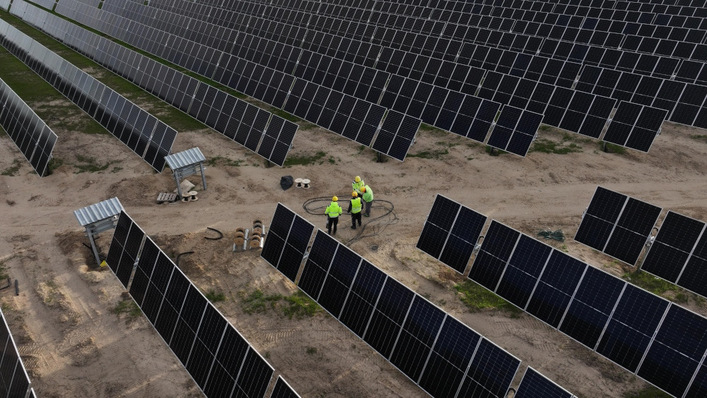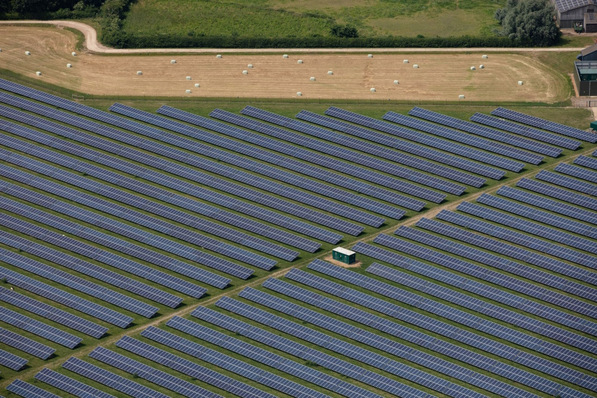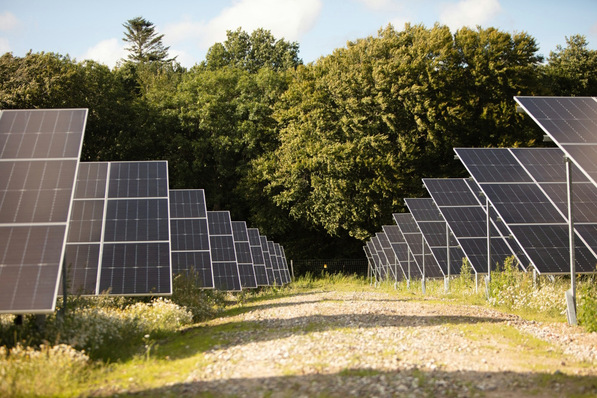The EU Commission's position paper "The 2030 climate target plan", which is expteced to be unveiled this Thursday, advocates a 55 percent reduction in greenhouse gas emissions in the EU by 2030, compared to the year 1990. The current climate protection target by 2030 is a 40 percent reduction.
At least 65% renewable power by 2030
Accordingly, the Commission advocates an increase in the share of renewable energies in the various sectors. The share of renewable electricity generation in the EU should be increased from the current 32 percent to at least 65 percent. At least 40 percent of heating and cooling should be provided by renewable energies by 2030, a significant proportion of which should come from renewable electricity.
24% renewable energy in the transport sector by 2030
The share of renewable energies in the transport sector is to increase from 7 percent in 2015 to 24 percent in 2030. This is to be achieved through battery electric drives, advanced biofuels and other renewable and low carbon fuels. To decarbonize heavy transport, aviation and shipping, the Commission is relying mainly on clean hydrogen and its derivatives (power-to-liquid).
Renewable hydrogen for parts of the industry
For the replacement of fossil fuels in the CO2-intensive industry as well as for high-temperature heat, the Commission considers renewable hydrogen to be crucial.
Overall, according to the position paper, the Commission wants to increase the share of renewable energies in gross final energy consumption to 32 to 40 percent by 2030, instead of 32 percent as currently planned.
EU Parliament`s Environment Committee favors 60% emissions cut
Today EU-Commission President Ursula von der Leyen is expected to present the tightened environmental targets in her speech on the "State of the European Union" to the European Parliament. Last week, the EU Parliament's Environment Committee voted for a 60 percent reduction in greenhouse gas emissions by 2030. (hcn)
Did you miss that? Climate protection requires at least 60% electrification of EU economy







